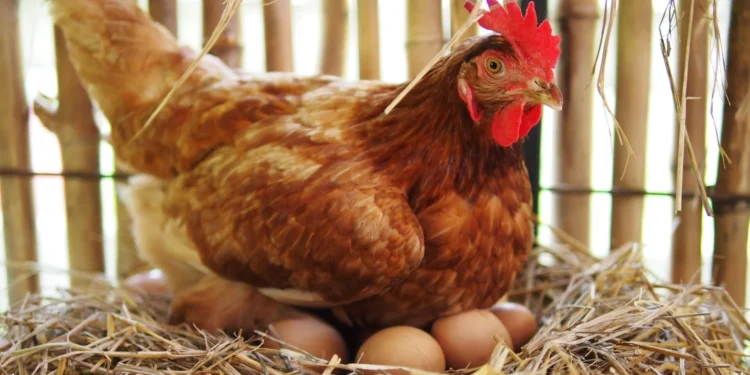Lagatar24 Desk
New Delhi: The timeless question of whether the chicken or the egg came first has long puzzled philosophers and scientists alike. However, modern science has finally cracked the mystery. To unravel this puzzle, it’s crucial to explore the evolutionary origins of chickens and the role of eggs in the animal kingdom.
Eggs Across the Animal Kingdom
Eggs are widespread in the animal world, functioning as membrane-bound containers in which embryos grow and eventually develop into fully independent beings. The appearance of eggs dates back millions of years to the evolution of amniotes—animals capable of laying their eggs on dry land rather than water.
The Evolution of Amniotic Eggs
A major breakthrough occurred with the development of additional membranes within eggs—the chorion, amnion, and allantois. These membranes created a life-support system for embryos, allowing them to access nutrients, expel waste, and breathe, making it possible for eggs to be laid on land.
The Emergence of the First Chicken
The Australian Academy of Science asserts that the first chicken was born through genetic mutations in a zygote formed by two proto-chickens. These mutations replicated throughout the embryo, resulting in the development of the first true chicken. This evolutionary process means that eggs existed long before chickens appeared.
The Role of Ovocleidin-17 in Egg Formation
However, there’s a key factor that complicates the answer: the presence of a protein called ovocleidin-17 (OC-17), found only in chicken ovaries. This protein is essential for the formation of eggshells and accelerates the process, allowing hens to lay eggs within 24 hours. Without this protein, the modern chicken egg couldn’t exist, suggesting that chicken eggsrely on chickens.
What Really Came First?
While it’s clear that eggs existed long before chickens evolved, the formation of chicken eggs specifically depends on chickens themselves. In this sense, the chicken and chicken egg are mutually dependent, making the answer to the riddle more nuanced than expected.
Modern Eggs vs. Proto Eggs
Modern egg production differs significantly from ancient proto eggs. Today, eggs are produced on industrial farms where hens are kept in controlled environments to maximize output. These eggs adhere to modern safety standards and come in varieties like conventional, free-range, or organic. By contrast, proto eggs were laid naturally by free-roaming hens, reflecting a more traditional and smaller-scale approach to farming.
Nutritional Benefits of Chicken vs. Eggs
Both chicken and eggs are rich in nutrients but offer different benefits. Chicken is a lean protein source packed with essential vitamins like B3 (niacin), making it ideal for muscle growth and low-calorie diets. Eggs, meanwhile, are nutrient-dense and provide a balance of protein, healthy fats, and vitamins D and B12. They also contain antioxidants that promote overall health. The choice between chicken and eggs depends on personal dietary needs and preferences.







